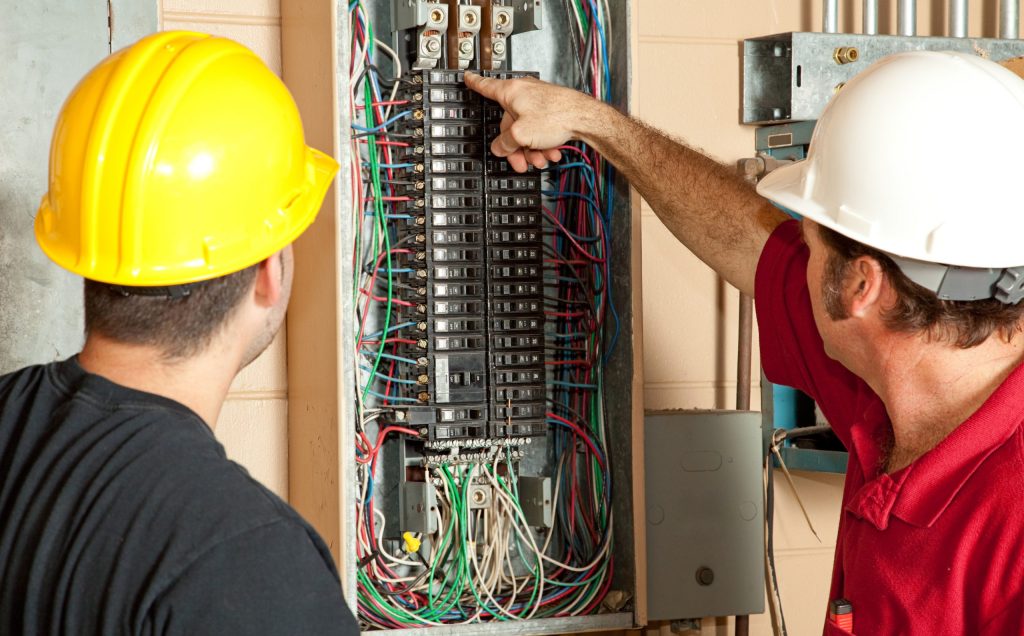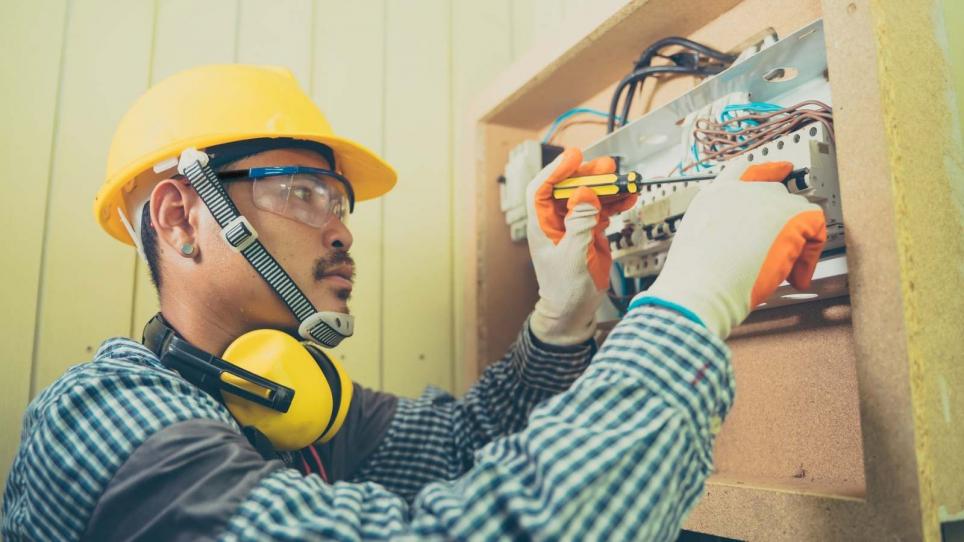
Electricians play a crucial role in our modern society, serving as the backbone of safe and efficient electrical systems in homes, businesses, and industries. Their expertise ensures that we enjoy the comforts of electricity, from illuminating our spaces to powering our devices. With the ever-evolving landscape of technology and the increased demand for sustainable energy solutions, electricians are more essential than ever. This article delves into the varied responsibilities of electricians, the skills required for the profession, and the significance of their work in maintaining daily life as we know it.
Whether it’s installing new electrical systems, troubleshooting issues, or adhering to safety regulations, electricians face a unique set of challenges that require both practical skills and in-depth knowledge. The journey to becoming a certified electrician involves comprehensive training and hands-on experience, often beginning with an apprenticeship under seasoned professionals. Additionally, the field is constantly adapting to incorporate advancements in renewable energy technologies and smart home systems. Join us as we explore the dynamic world of electricians and highlight their indispensable contributions to our communities.
Responsibilities of Electricians
Electricians are tasked with a diverse range of responsibilities that go beyond mere installation and repair. They are often called upon to conduct detailed inspections of electrical systems to ensure compliance with safety codes and regulations, making them integral to preventing potential hazards. In emergency situations, electricians must act swiftly to diagnose and fix problems, providing essential services such as power restoration and safety assessments. For those in urgent need, services like the 24 hour emergency electrician bondi can be invaluable in mitigating electrical dangers and restoring functionality to affected properties.

Skills Required for the Profession
To excel as an electrician, a combination of technical knowledge and practical skills is essential. Electricians must possess a strong understanding of electrical theory, wiring techniques, and electrical codes. They should also be well-versed in the use of various tools and diagnostic equipment, alongside the ability to read blueprints and technical diagrams. Strong problem-solving skills are critical, as electricians often encounter complex issues that require innovative solutions. With the burgeoning field of renewable energy, electricians are also increasingly required to adapt to new technologies, including solar power systems and energy-efficient systems, making continuous education a key aspect of their profession.
In conclusion, electricians are not only skilled tradespeople but also vital contributors to the safety and functionality of our everyday environments. Their comprehensive training and dedication to adhering to safety standards equip them to handle a wide range of tasks, from simple repairs to complex system installations. As technology advances and the demand for sustainable energy solutions increases, electricians are constantly learning and adapting, ensuring they remain at the forefront of these developments. The work they do is often taken for granted, yet it underpins the conveniences of modern living, making their expertise crucial for both residential and commercial sectors. Ultimately, electricians exemplify a commitment to excellence and safety, enabling us to harness the power of electricity in a responsible and efficient manner.


